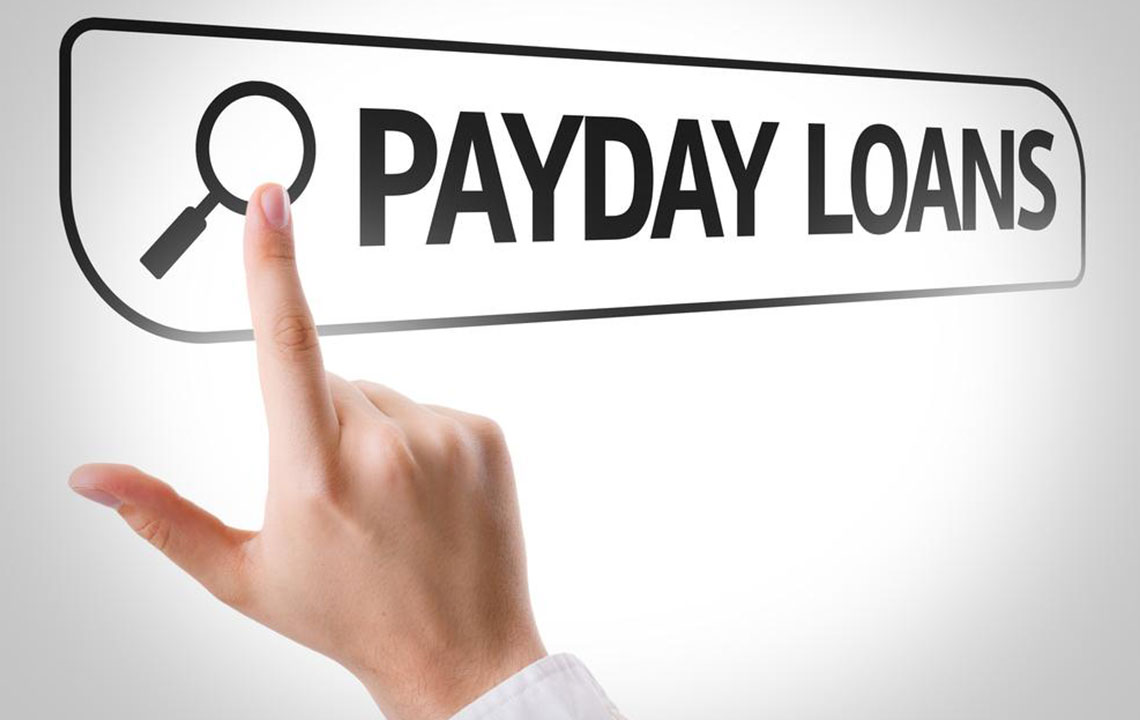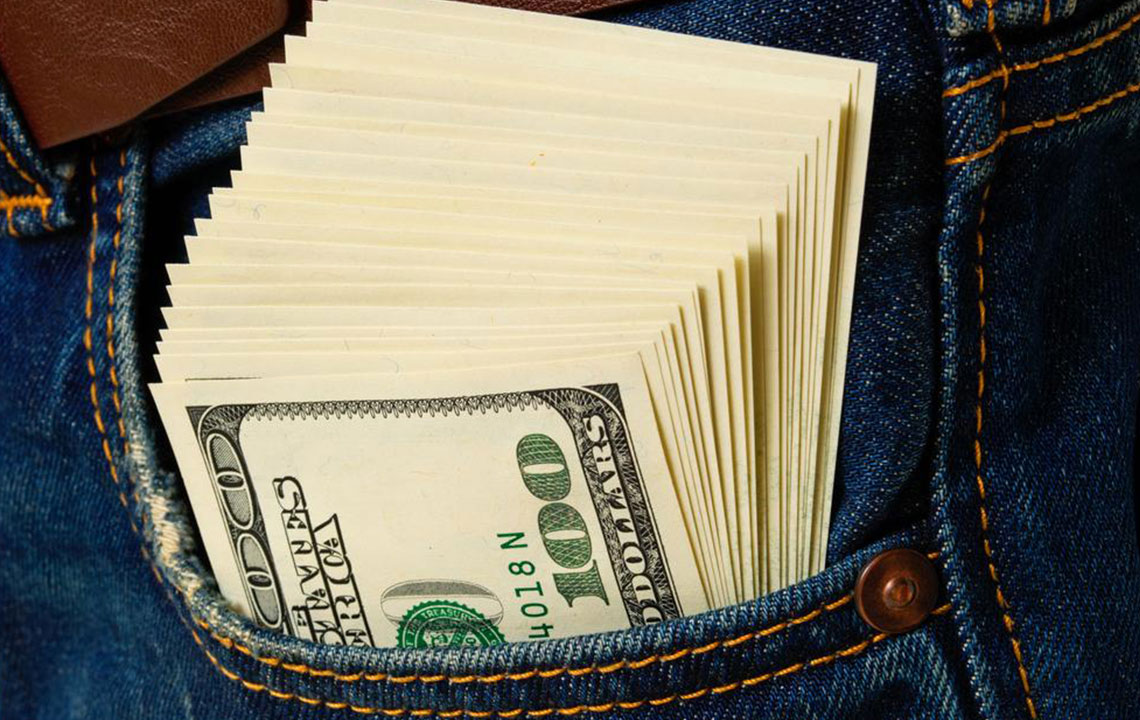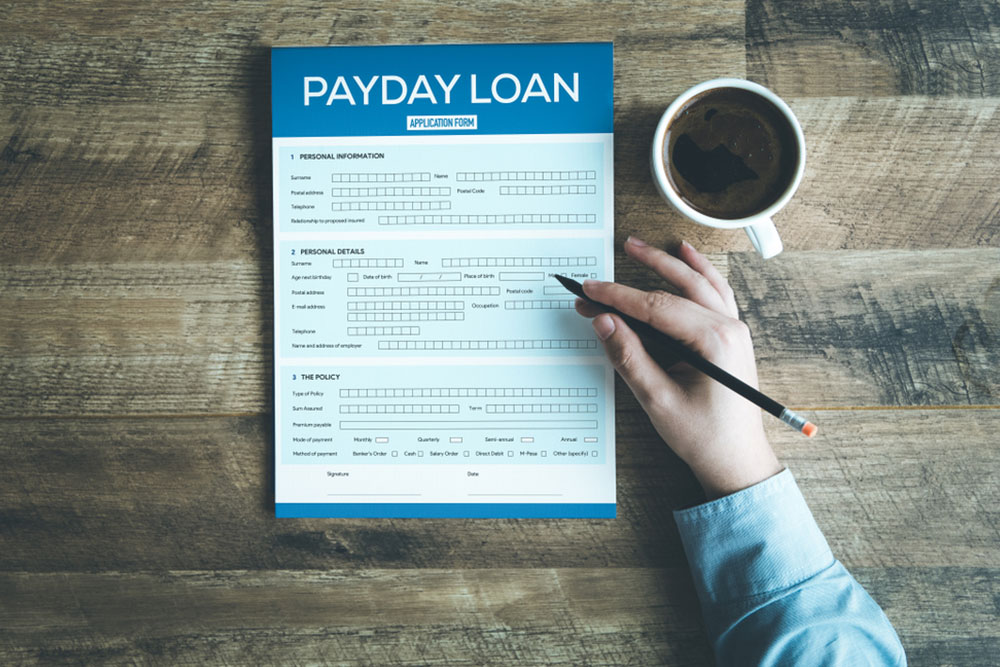Risks Associated with No-Credit-Check Payday Loans
This article examines the risks linked to no-credit-check payday loans, including debt cycles, skyrocketing interest rates, and potential debt collection actions. It emphasizes caution and responsible borrowing, especially during financial emergencies. Understanding these hazards can help consumers make informed decisions to avoid falling into unmanageable debt traps associated with payday lending.
Sponsored

Payday advances without credit checks are popular for individuals needing quick cash. To qualify, applicants only need to provide ID, proof of income, and bank details. Typically issued for small sums like $500, repayment is due with the next paycheck, alongside interest charges. Despite their convenience, these loans come with notable disadvantages. Lenders often create scenarios encouraging borrowers to take multiple loans, leading to ongoing debt cycles. Caution should be exercised to avoid falling into debt traps with payday borrowing.
Repeated borrowing can create a debt spiral, so only consider payday loans during genuine emergencies. Borrowers who struggle to repay may be tempted to take additional loans, often incurring extra fees. The Consumer Financial Protection Bureau (CFPB) reports that 80% of borrowers take out two or more loans within a month, some up to ten times, which worsens financial strain.
High interest rates significantly increase the cost of borrowing. For example, a $30 interest on a $100 loan equates to an APR of over 780%, trapping borrowers in costly debt. If repayment becomes impossible, lenders might seize funds, restrict benefits, or repossess assets. Nearly 20% of borrowers experience such collection actions, highlighting the financial risks involved.






